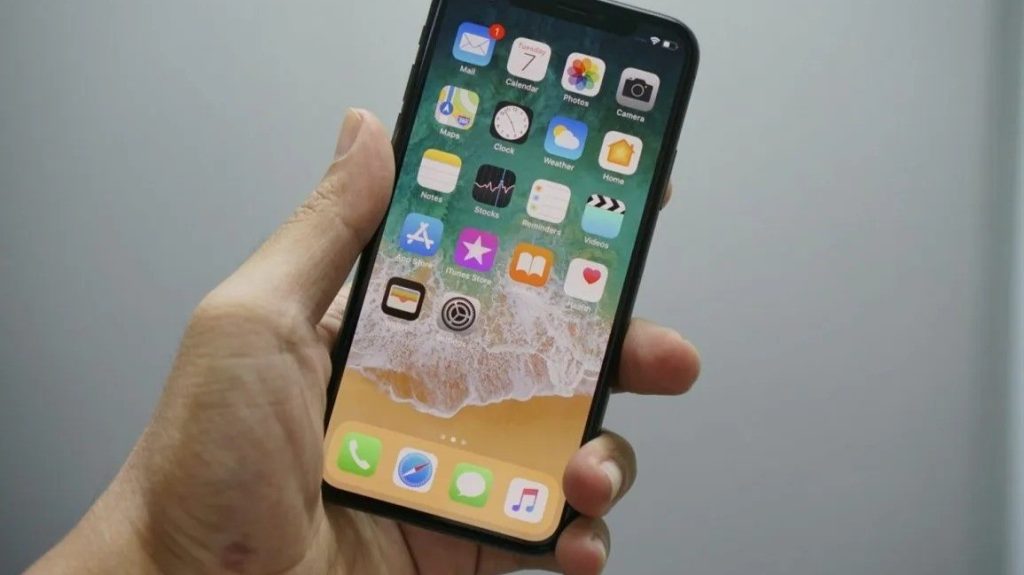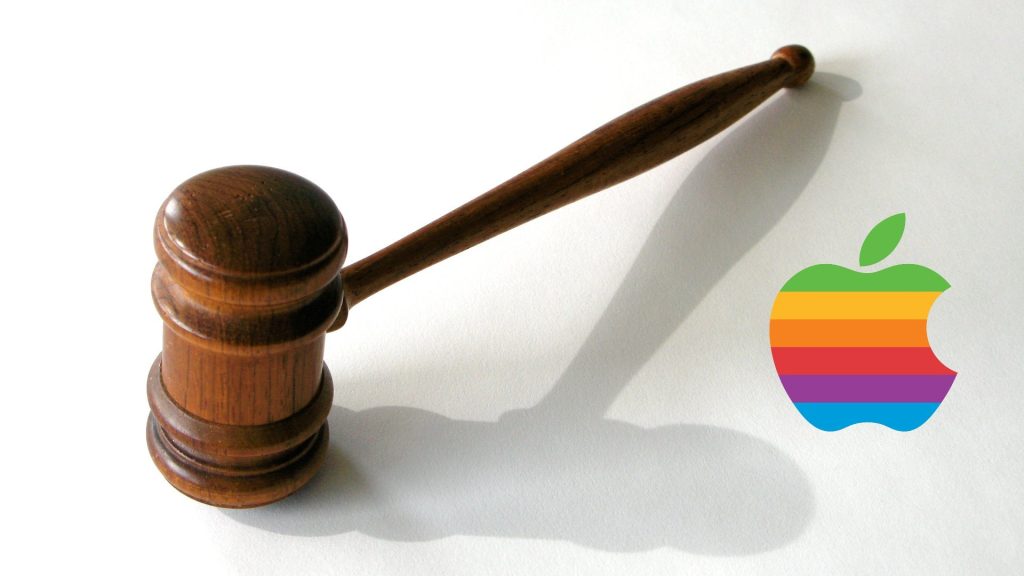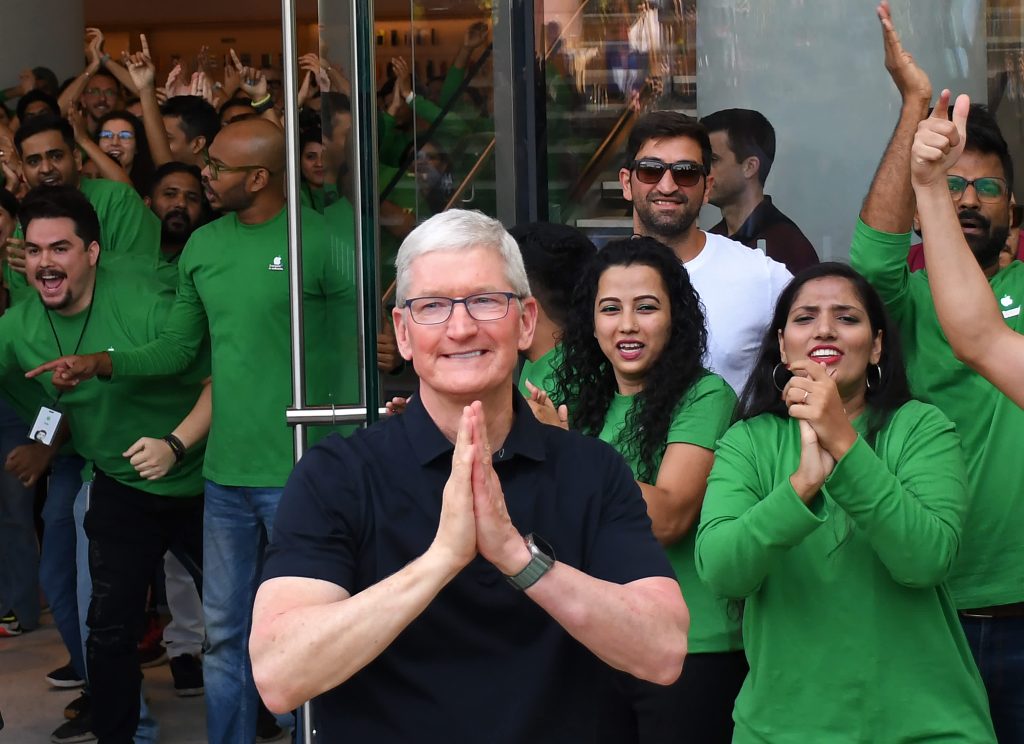Apple Caught Red-Handed: The Dark Side of Planned Obsolescence and Its Impact on iPhone Users
Apple has long been celebrated for its innovation and sleek product designs. However, recent legal actions in Belgium have reignited debates over the company’s practices, particularly concerning “planned obsolescence”—the intentional shortening of a product’s lifespan to encourage consumers to purchase newer models.

The Belgian Lawsuit:
In Belgium, consumer organization Test Achats has initiated legal proceedings against Apple, alleging that the company deliberately slowed down older iPhones to prompt users to upgrade to newer models. This lawsuit mirrors similar actions in other countries, where Apple has faced scrutiny over its device performance management practices.
Global Repercussions:
This isn’t an isolated incident. In France, authorities have launched investigations into Apple’s practices, examining claims of intentional device lifespan manipulation. Additionally, in the United States, Apple agreed to a $500 million settlement over allegations of deliberately slowing down certain iPhone models.
Apple’s Response:

Apple has acknowledged implementing performance management features in older iPhones, stating that the intent was to prevent unexpected shutdowns due to aging batteries. The company has denied any wrongdoing, emphasizing that these measures were designed to prolong device life and enhance user experience. In response to consumer concerns, Apple offered discounted battery replacement programs and introduced features that allow users to monitor battery health.
Right to Repair Movement:

The controversy has bolstered the “Right to Repair” movement, which advocates for consumers’ ability to repair their own devices without manufacturer-imposed restrictions. Both the U.S. and the EU are seeing increased legislative efforts to support this movement, aiming to extend the lifespan of electronic devices and reduce electronic waste.
Impact on Indian Consumers:

For users in India, the implications are noteworthy. While the current legal actions are centered in Europe and the U.S., the practices in question affect iPhone users globally. Many Indian consumers have reported experiencing reduced performance in their devices following software updates, leading to suspicions of similar obsolescence strategies.
Conclusion:
The allegations against Apple have sparked a global conversation about consumer rights, corporate transparency, and the ethics of product design. As legal proceedings continue and the Right to Repair movement gains momentum, there is a growing demand for greater transparency and consumer empowerment in the tech industry. For Indian consumers, staying informed and advocating for their rights is essential as these developments unfold.



